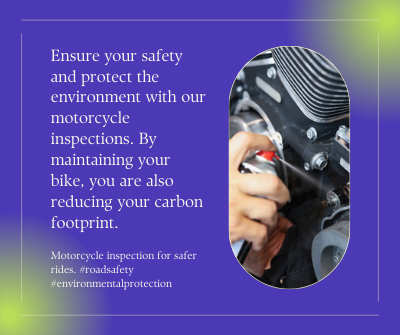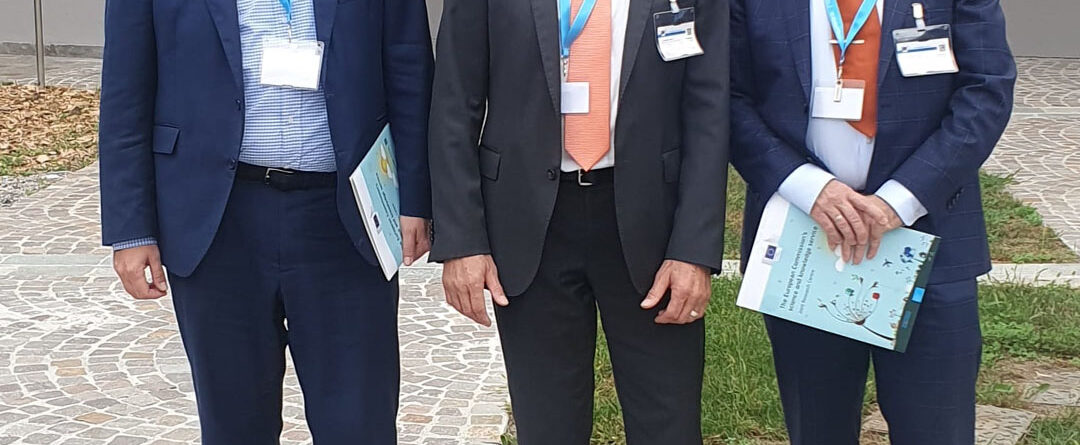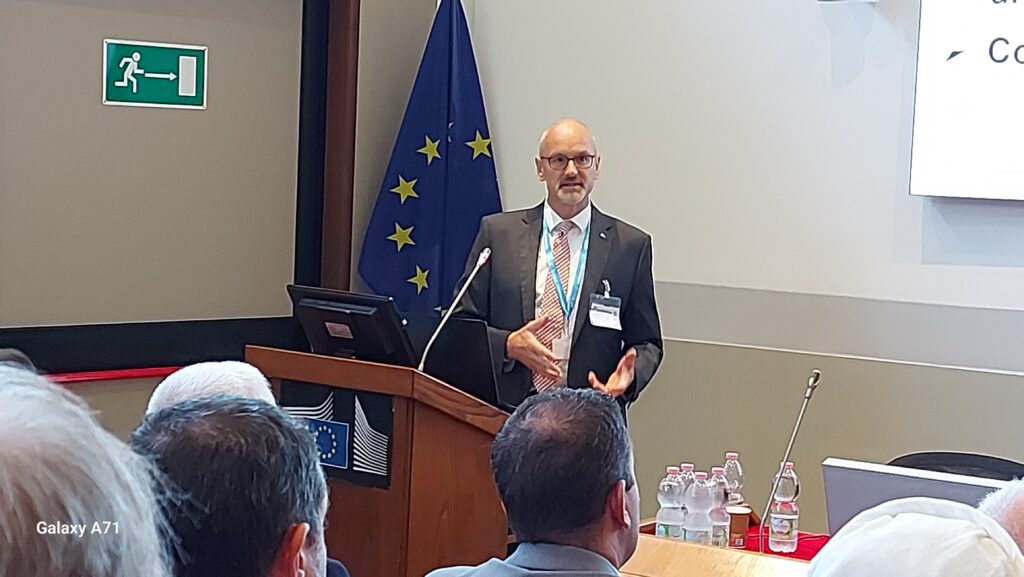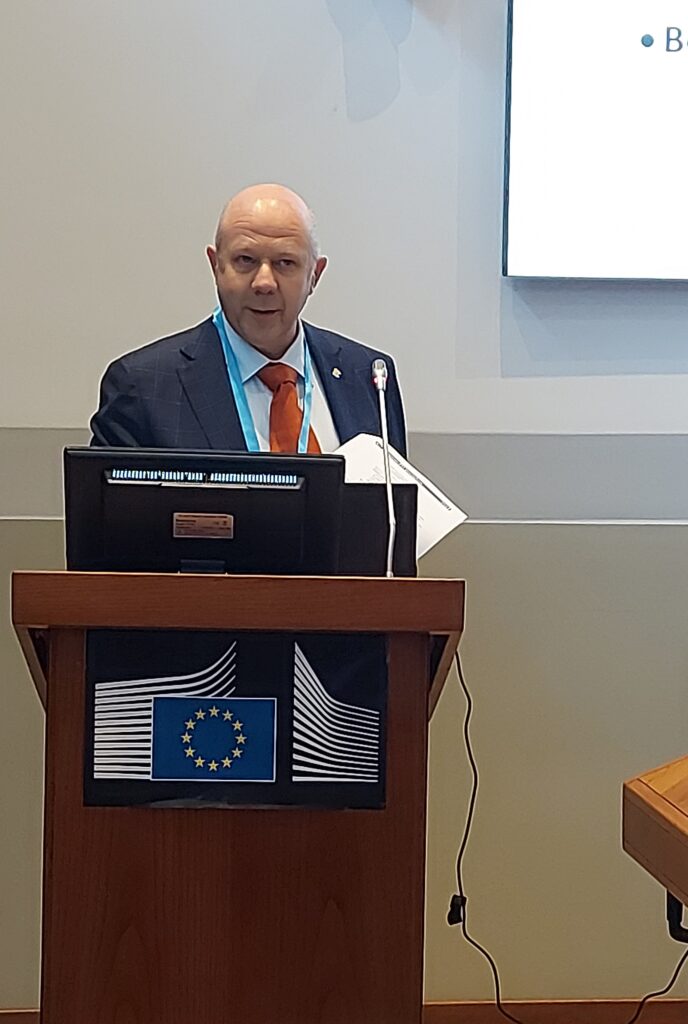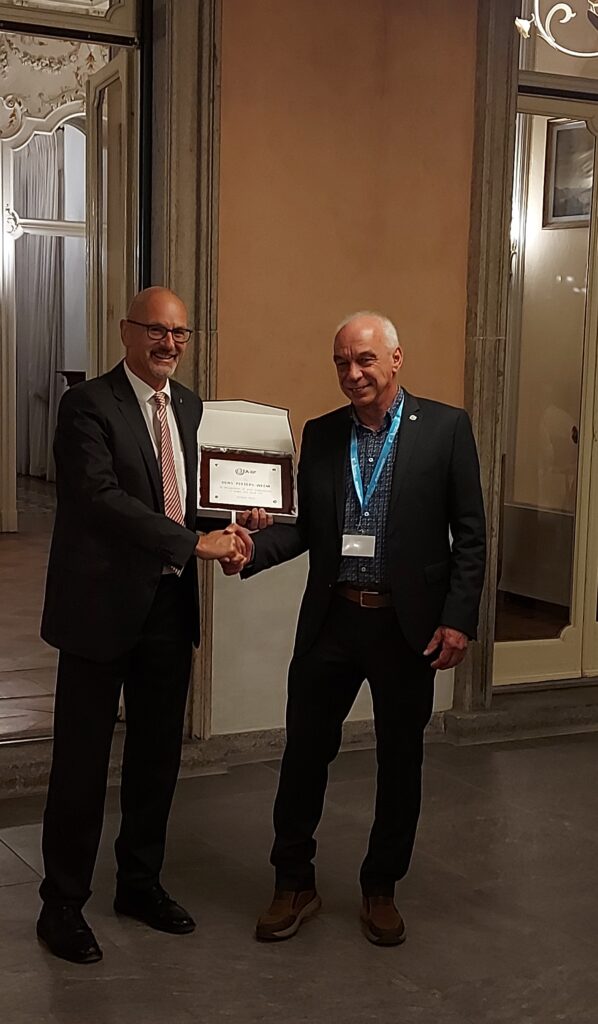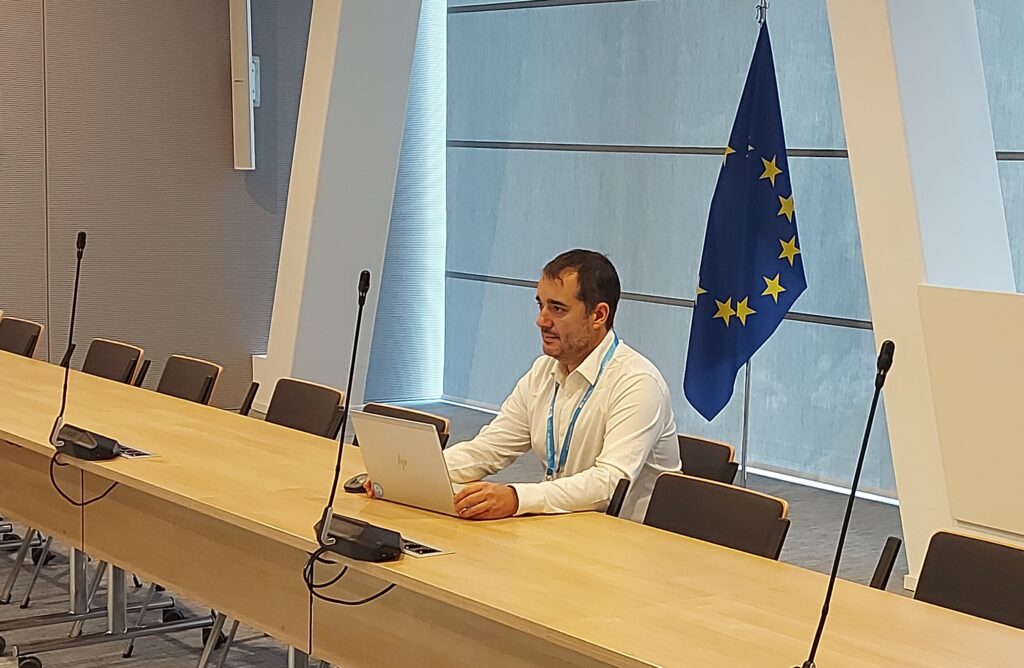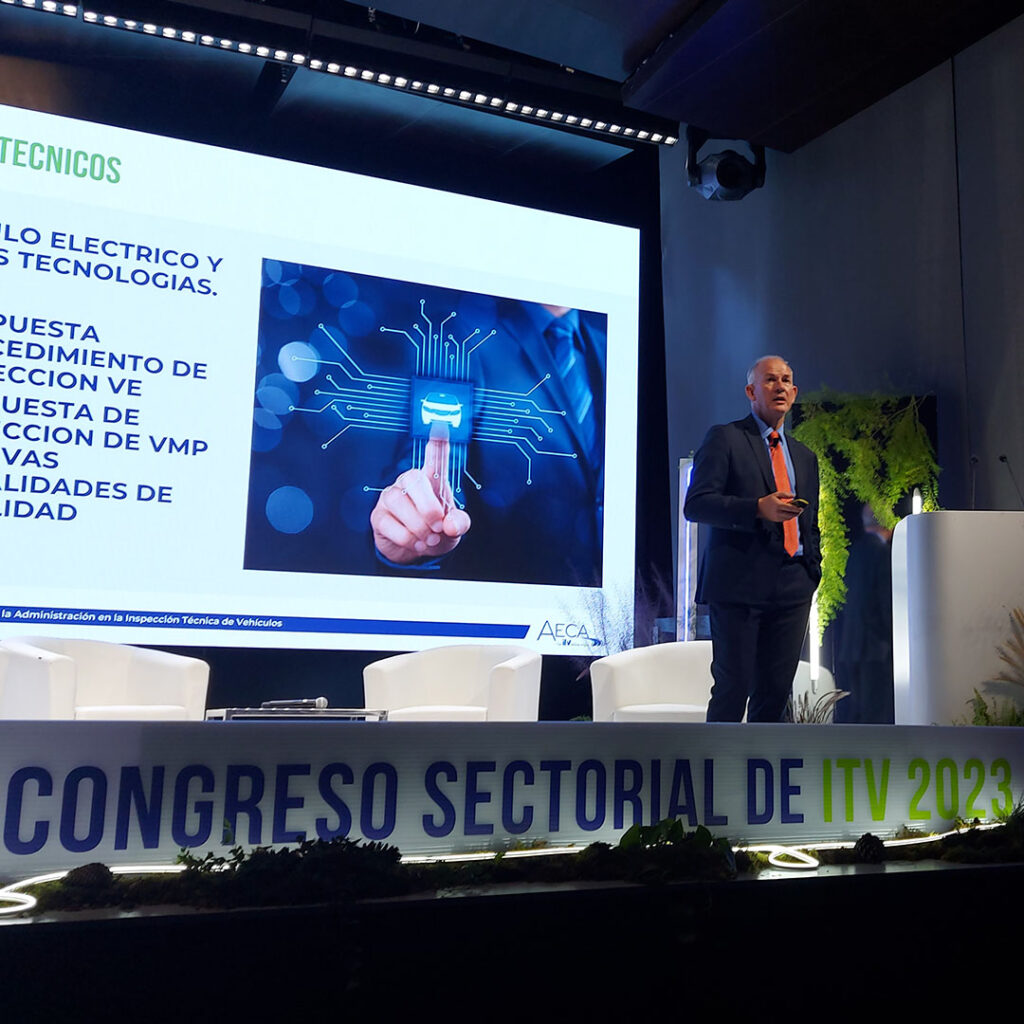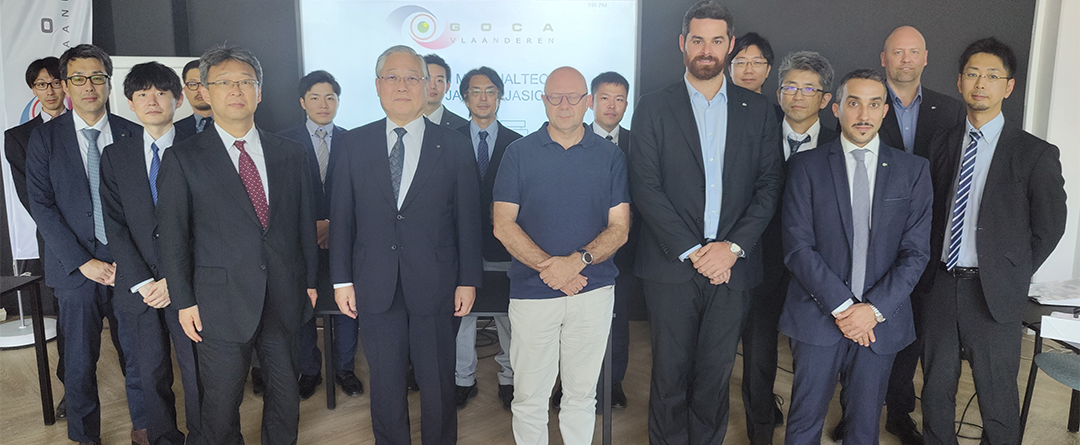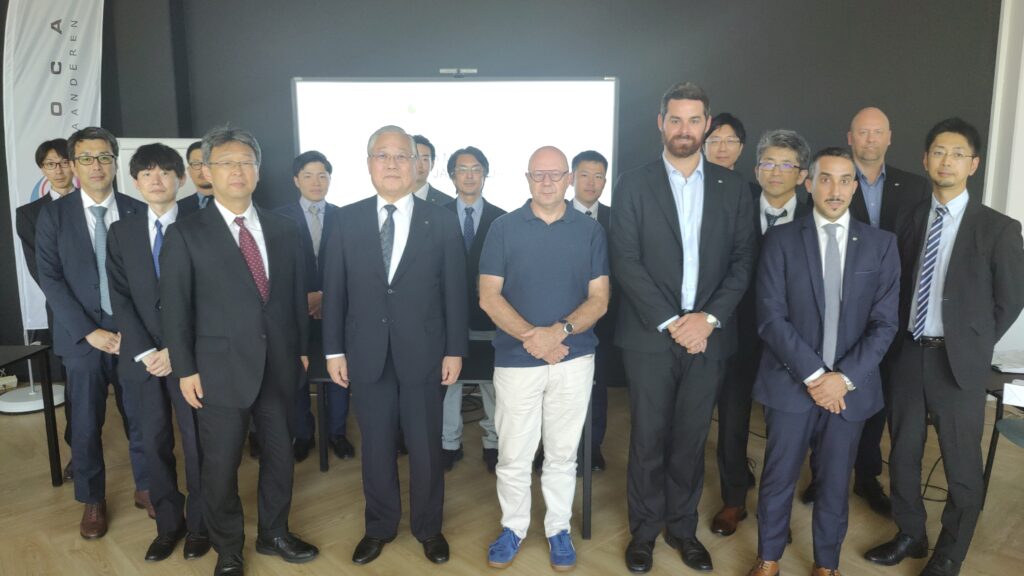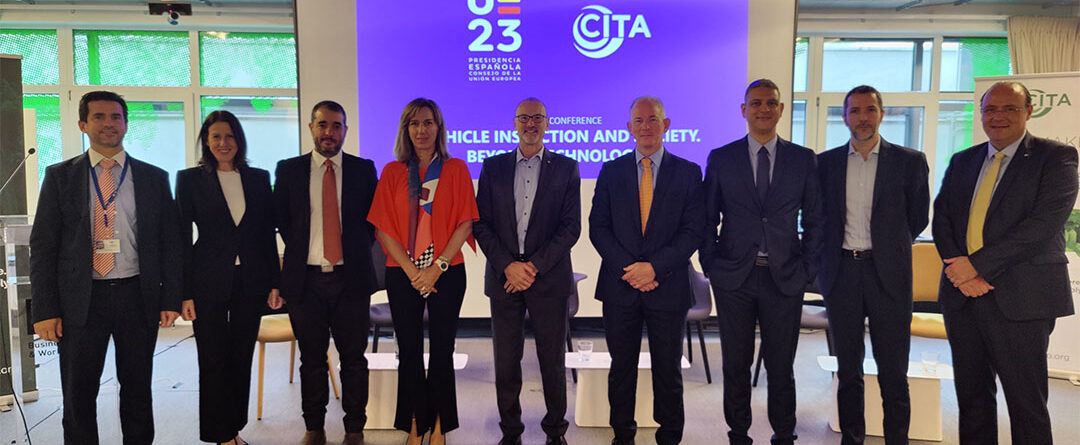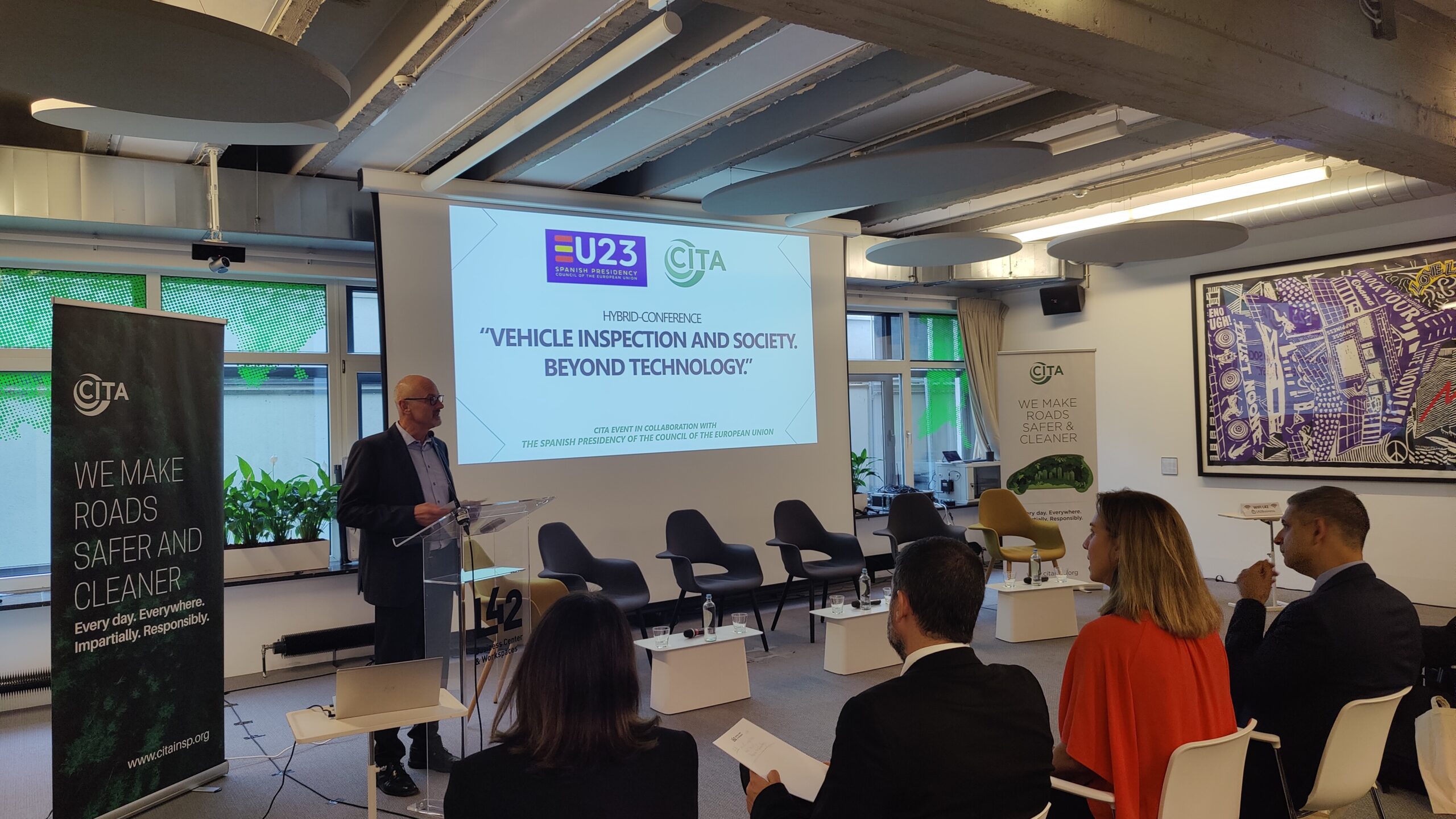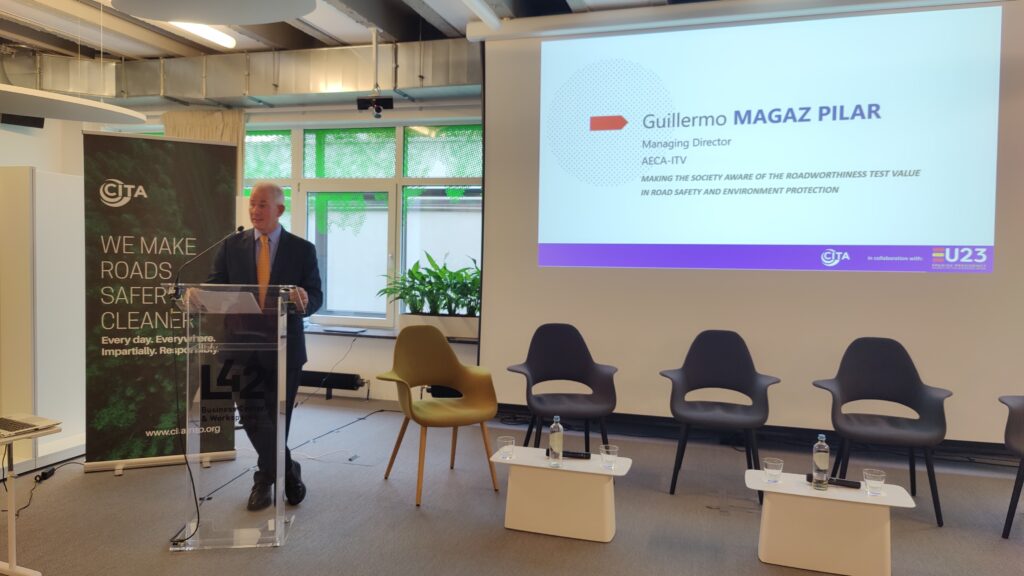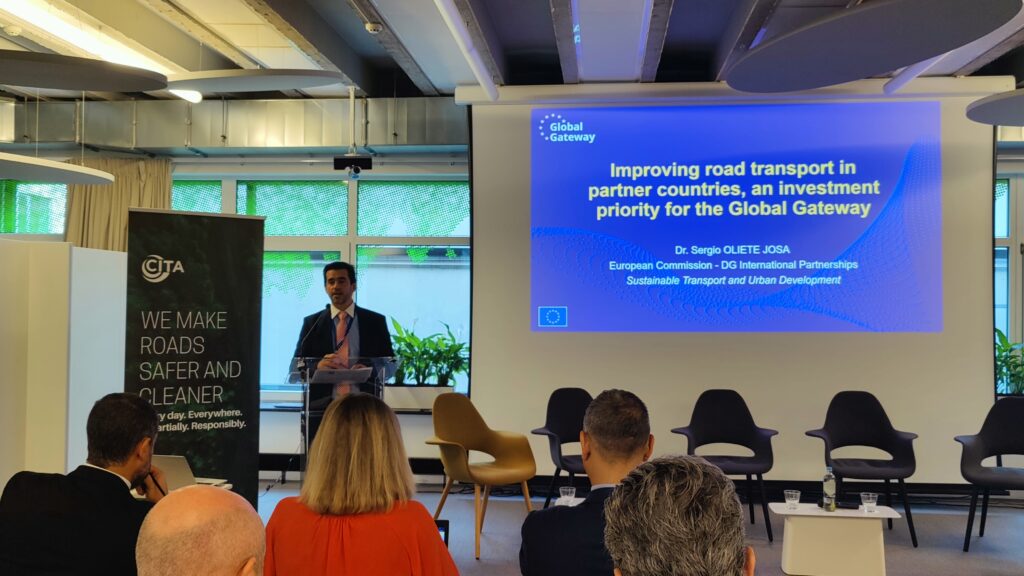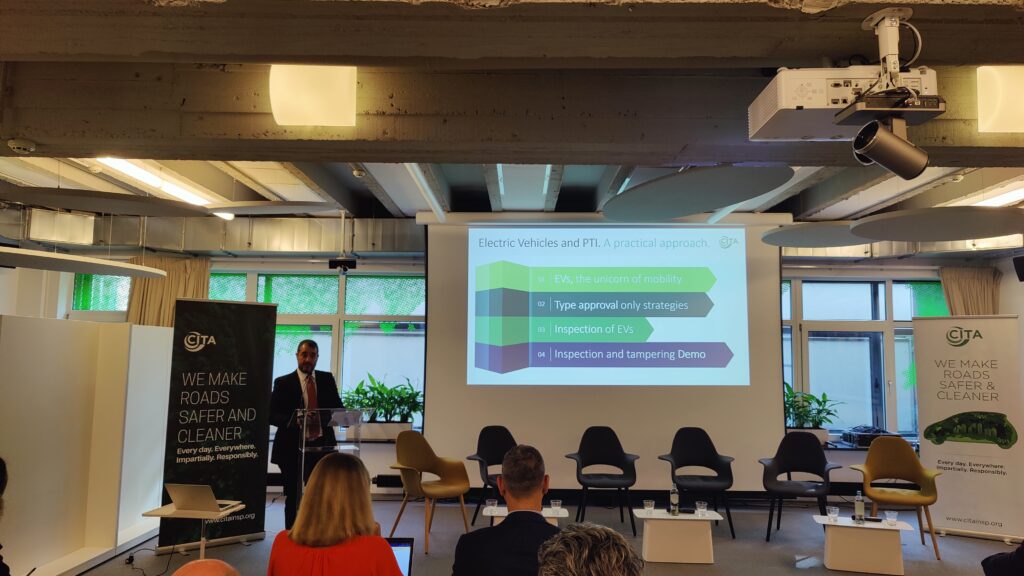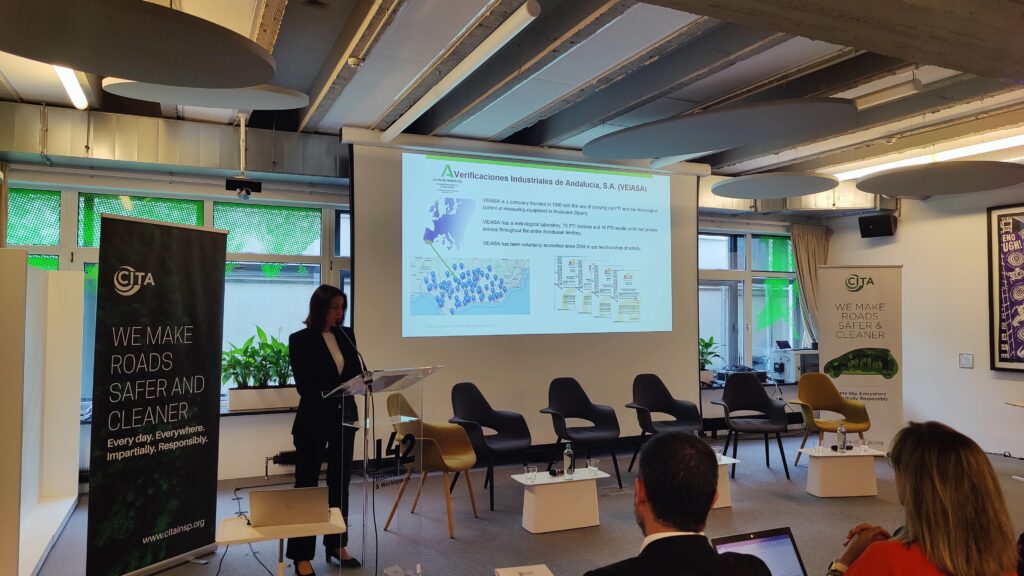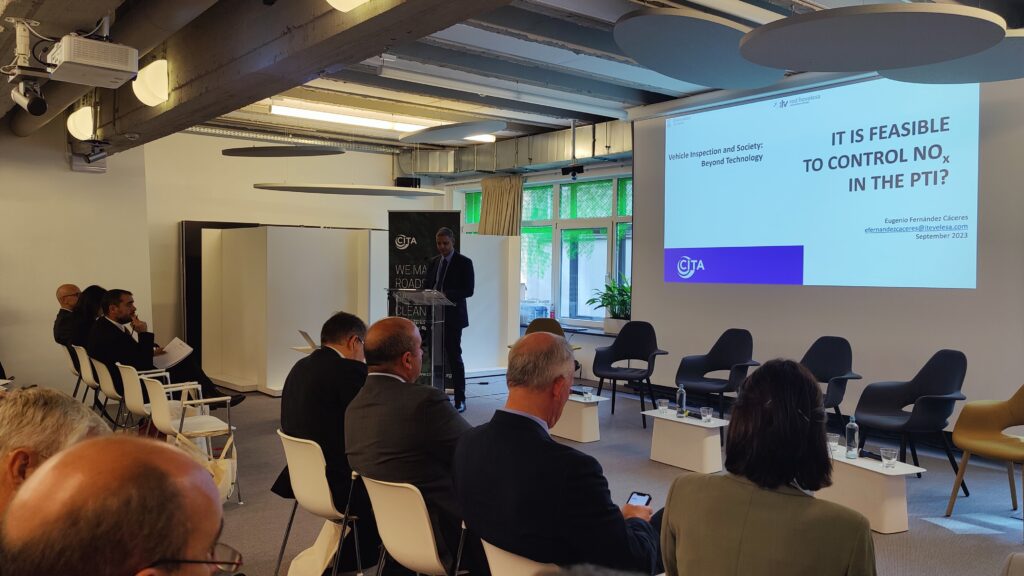New tools for CITA Members
We're excited to announce a new tool for CITA questionnaires …and not only!
Over the years, your invaluable responses to our questionnaires have built a rich repository of insights on topics critical to our industry. To leverage this wealth of knowledge, we've developed an advanced AI-powered tool which offers:
- Efficient information retrieval: Quickly access specific data and insights from previous questionnaire responses, saving time and effort.
- Enhanced knowledge sharing: Discover comprehensive analyzes and conclusions drawn from members' collective input, enriching your understanding of key issues.
- Intelligent questionnaire management: Before creating a new query, our tool checks whether similar questions have been addressed, ensuring that each questionnaire provides new and valuable insights.
This tool shows our commitment to not only preserving but also intelligently utilizing the collective knowledge of CITA.
If you would like to use the tool, please contact us by email at secretariat@citainsp.org
Additionally, due to the huge amount of documents uploaded to the members area of the CITA site, we have added a search tool - you should be able to find the file you are looking for effortlessly.
Last but not least, it is possible to recover the password to access the reserved area directly from the website, without asking for help of the CITA Secretariat.
It's our way of thanking you for your continued participation and support.


